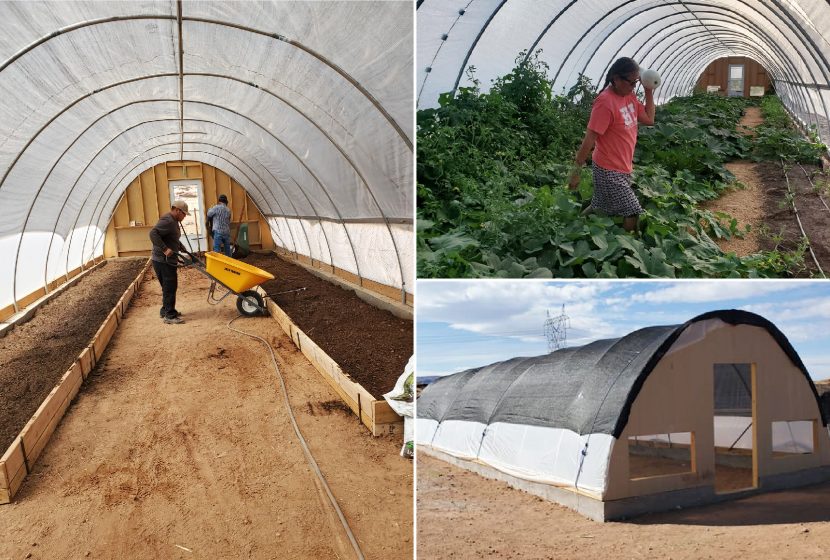The pandemic has exacerbated many long-standing problems faced by the Navajo Nation. Specifically, access to nutritious food, employment opportunities, and technological advancements have been limited.
Women lead the charge
As primary caregivers, Navajo women continue to bear a disproportionate share of family responsibilities: caring for the children, the household, the garden, and small animals. Of all the Navajo households, 26% are led by a single mother, over half of which live below the poverty line.
The ASEA Advancing Life Foundation has partnered with CHOICE Humanitarian to help women and their communities overcome these struggles. As part of the Navajo Women ASCEND program—a program that seeks to create lasting change in communities through female leadership—our foundation has funded the building of two hoop houses in the region. These important gardening structures will help create long-term access to nutritious food and employment.
To find many quality fruits, vegetables, dairy, and meat products, most residents must travel over 100 miles round trip. By training women who want to be entrepreneurs to grow produce in the hoop houses, they will be able to harvest fresh fruits and vegetables year-round.
A lack of access
Nearly 60% of the people living in the Navajo Nation lack both electricity and potable water. Barely 24% of housing is deemed suitable according to US standards, and unemployment hovers near 40%. Up to 48% of residents live below the poverty line.
The Navajo Nation is considered a food desert, with only 13 grocery stores in an area covering 27,000 square miles, and is home to over 300,000 men, women, and children. Heart and kidney disease are high and contribute to poor health and disease. One in three residents is diabetic or prediabetic, and heart disease (an increased risk factor for those contracting COVID-19) is the second-leading cause of death among those living on the reservation.
Because sick individuals could not travel, and local resources were already limited, the pandemic made it even harder for families to access food. Healthy people who could leave ran the risk of infecting themselves and their families. The overall rise in unemployment diminished their already limited income.
Hoop houses to feed families
A hoop house is a type of greenhouse that helps communities grow food rich in nutrients: high-value vegetables, herbs, and seedlings for transplanting. Local women will be trained in food security and nutrition while also learning to construct and maintain the hoop houses. This involves introducing technological enhancements, such as solar panels for electricity and cellular signal boosters for mobile connectivity, as well as soil rehabilitation and other advances that augment production and business capacity.
As part of the Navajo Women ASCEND program, women will also be taught business skills, learn to build their credit, and begin establishing local businesses. This will increase the number of jobs available, and by using the seed money for startups, they will have an opportunity to launch businesses that have lasting value.
Join us and help a family in need
The Advancing Life Foundation partners with worthy causes to fund projects and initiatives that help families in need. By becoming a part of our Advancing Life Donor Alliance, you can make a huge difference in the lives of others. ASEA is matching all donations made to Advancing Life Foundation throughout the entire year of 2022—which means your donation will have twice the impact! Click here to help someone today.

